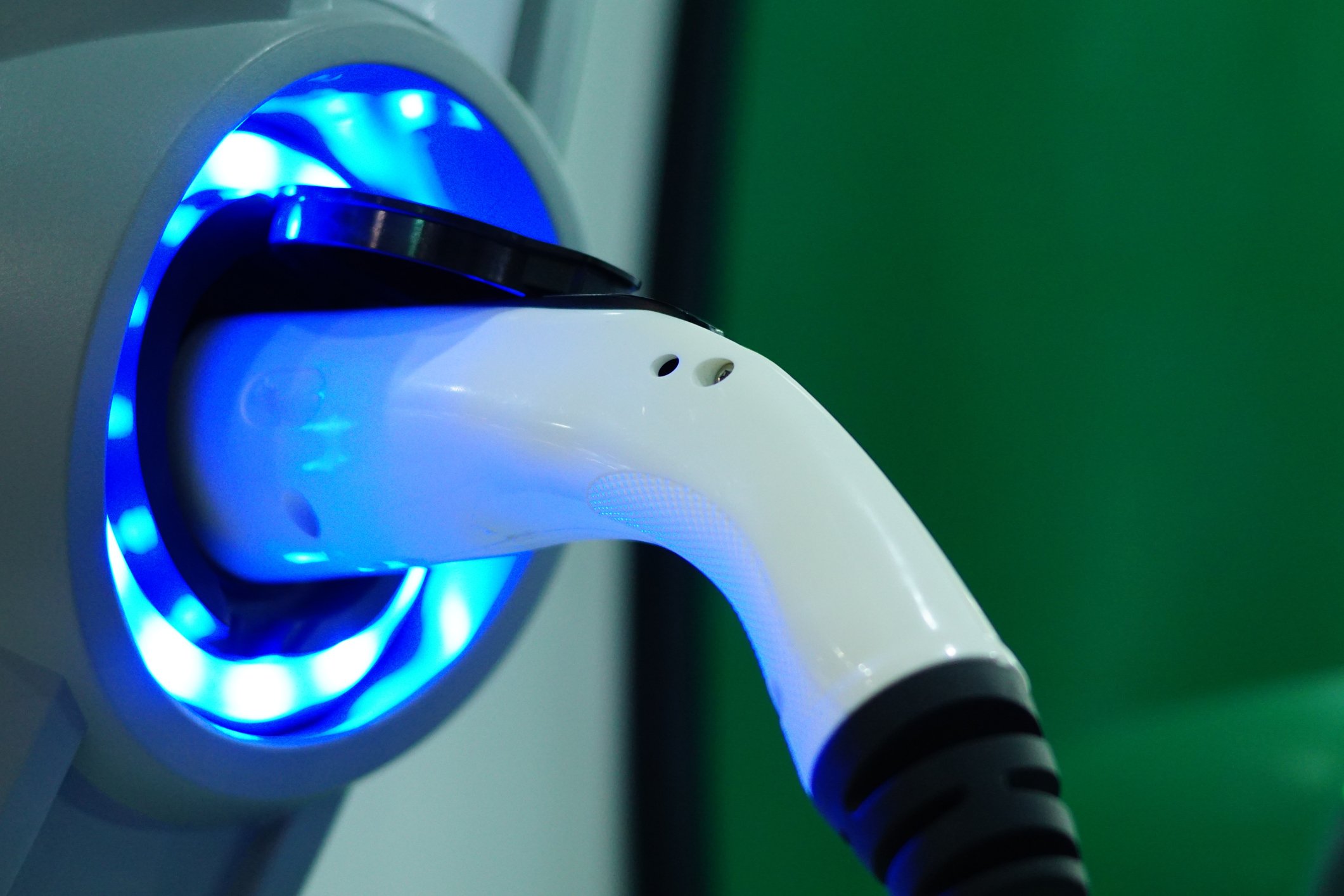Sociedad Quimica y Minera (SQM 2.58%), commonly known as SQM, is a Chile-based basic materials company specializing in lithium and in specialty plant nutrition. SQM reported third-quarter 2019 earnings in late November and has since risen over 14%.
Is SQM finished going up, or is this stock still a buy?
SQM's third-quarter report was, well, OK. But sometimes just "OK" is good enough to warrant a rise. That's because SQM's stock had sold off for much of 2019, although the S&P 500 increased by nearly 27% over the same period. Some of that sell-off was due to the strained lithium market, a market that SQM is a major player in:
The lithium rush
Ever since electric-car manufacturers like Tesla started mass-producing electric vehicles (EVs), lithium has emerged as a commodity with some serious upside. While the prospects of lithium are potentially lucrative, the market has matured and is now highly competitive. Lithium is also used in conventional batteries, glasses, ceramic frits, greases, and lithium derivatives, but EV batteries offer the most upside. SQM forecasts that the potential compound annual growth rate (CAGR) of lithium used for EV batteries could average around 25% between 2019 and 2025.
Chile-based SQM's bold increase in lithium production, which started three years ago, was only natural given that Chile is the No. 2 producer and No. 1 holder of lithium reserves. Lithium and derivatives provided 46% of SQM's gross profit for the 12 months ended June 30, 2019, but they've since faced concerning headwinds.

Image Source: Getty Images.
A commodity business
To SQM's credit, lithium sales volumes did go up 12% between the nine months ended Sept. 30, 2019 (9M19) and the nine months ended Sept. 30, 2018 (9M18), and 22% in the third quarter of 2019 over the prior-year period. But revenue was severely affected by a 28% lithium price decrease in the nine-month 2019 period, compared to the same nine months in 2018. Even with the sales increases, lithium and derivatives revenues were down 19% in 9M19 compared to 9M18, and down 26% in the third quarter of 2019 year over year.
This revenue decrease is one of the struggles of investing in a commodity business like SQM. Even though the company is driving sales growth in the short term, there's little it can do about what the market will pay for its lithium. One of the reasons for that is that SQM opts to sell on the spot markets, which offer higher upside but more exposure to commodity slumps. Alternatively, Albemarle Corporation signs long-term contracts at fixed prices to mitigate this risk. For the industry overall, there's a growing number of companies providing supply, and demand could be strained by China's decision to decrease subsidies for its growing electric-vehicle market.
To make matters worse, all but one of SQM's other businesses are struggling. Specialty plant nutrition (SPN), potassium, and industrial chemicals were all down in 9M2019 versus 9M2018. SPN sales volumes were down 7% and prices were down 2%. Potassium sales prices went up 14%, but volumes were down 35%.
The only silver lining was iodine, which benefited from a 19% increase in prices. SQM expects that iodine's "upward trend continues for the rest of the year," and "SQM sales volumes could reach 13,000 MT [metric tonnes] in 2019 and 2020."
Dividend and value
Despite the volatility in commodity prices, SQM's diverse portfolio of assets is attractive for investors looking to ride the lithium wave, and the chemical company currently yields 3.5%. SQM is not only a dividend stock, but also a potential value stock, considering the company has just $660 million in net debt and a trailing price-to-earnings ratio of 22.
That being said, SQM's recent run-up was more of a cry of relief that sales and commodity prices haven't crashed. It might be better to wait and see how the lithium market plays out in 2020, and whether potassium sales volumes can recover after their recent fall.







